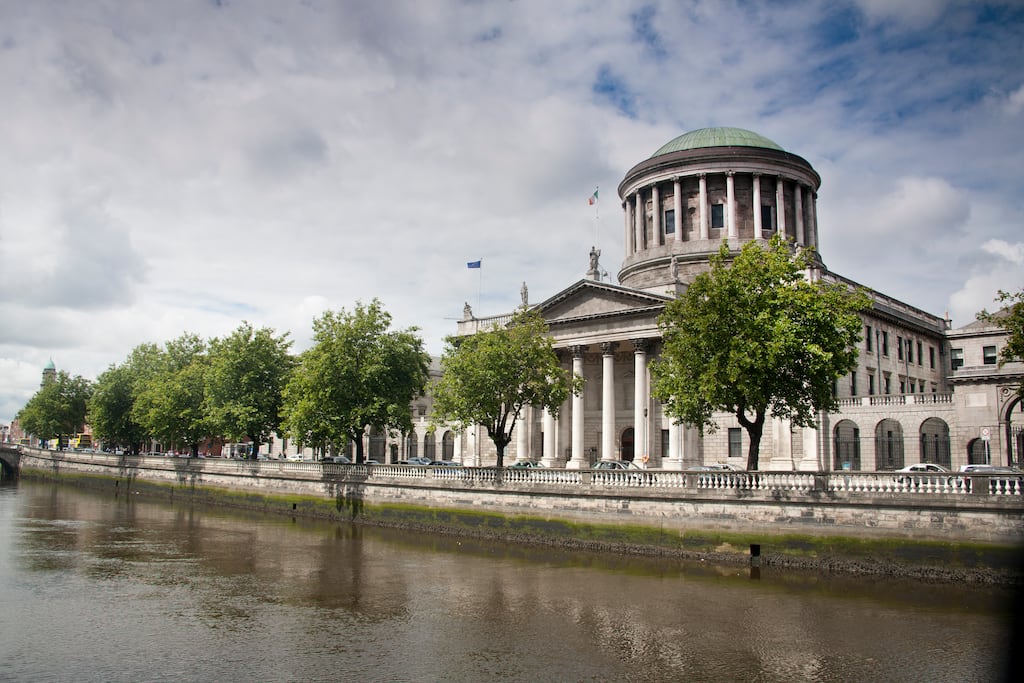Losing litigants are entitled to be told the hourly rates their opponent’s lawyers are charging because they can end up being liable for “millionaire” legal costs at hourly rates “multiples” of the €214 paid hourly to the Taoiseach, a High Court judge has ruled.
It would take the Taoiseach eight months to earn an allegedly “reasonable” estimated solicitor’s fee of €209,000, including Vat, for a six-day High Court trial, plus preparatory work, Mr Justice Michael Twomey observed.
In a judgment criticising the State’s failure over decades to tackle “millionaire” litigation costs in the High Court, the judge concluded it is “not just” that a losing litigant should not know the hourly rates payable to a plaintiff’s lawyers. Time and hourly rates allow for easy comparison between costs in different cases, he said.
Judges have expressed concern for years about costs levels but have no control over them, they can only make orders on liability for costs, he said. The costs sum is calculated by a State body, the Office of the Legal Costs Adjudicators, in line with rules laid down by the Oireachtas.
READ MORE
The current rates are set under the 2015 Legal Services Regulation Act but there is a “clear disconnect” between the Act’s requirement that costs be “reasonable” and the reality of costs being adjudicated “at millionaire levels” on the basis they are at similar levels to other similar cases.
For costs to be reasonable, there must be “objectively justifiable” grounds for concluding it is reasonable for the State to force citizens to pay the level of costs and hourly rates sought, he held.
A person can privately agree to pay their own lawyer any sum per hour, he stressed, but it is different when a losing party is required to pay such costs.
He made the remarks when ordering developer Greg Kavanagh’s Beakonford Ltd to pay about €501,000 security for the legal costs of Oonagh Stokes, owner of Inchanappa House near Ashord, Co Wicklow, and local woman Barbara Wilding in defending its case alleging an attempt to extract a payment of €6 million from the company as part of an objection to the planning application. Permission was eventually granted for 98 homes on land formerly part of Inchanappa Estate. The security for costs (SFC) order is for a six-day hearing and preparatory work for its Commercial Court action.
The judge rejected higher costs estimates by the defendants’ experts, putting costs at €411,000 for Ms Stokes and about €455,000 for Ms Wilding, meaning overall costs of the case would be about €1.2 million.
In his judgment on Wednesday, the judge said the case concerned the use of hourly rates, “or more accurately their non-use” in estimating fees due to lawyers in High Court litigation in the context of an SFC application.
Because high costs are compromising the fair administration of justice, the importance of reducing them “cannot be overstated” but there has been no effective reduction.
The problem was illustrated by a recent case where the costs of €1.5 million “in an every family dispute over a father’s will”, were three times the value of the deceased’s €450,000 estate.
The estimated costs in this case made no reference to the time the lawyers are estimated to expend on the case, or their hourly rates, to justify the figures. The court had no idea whether the sums per hour were €200, €500 or €1000 but the expert evidence made clear the costs are likely to be “at millionaire levels”.
He made a €501,592 total SFC order after concluding Beakonford will not be able to pay the defendant’s costs if it loses the case.
- Sign up for push alerts and have the best news, analysis and comment delivered directly to your phone
- Join The Irish Times on WhatsApp and stay up to date
- Listen to our Inside Politics podcast for the best political chat and analysis















